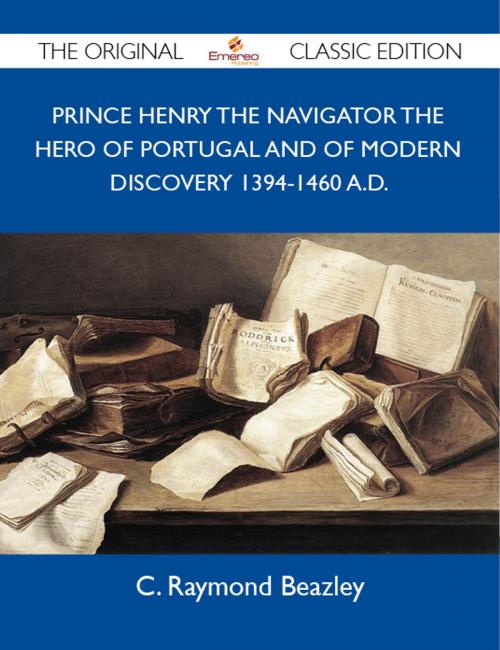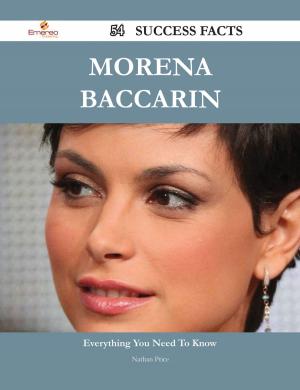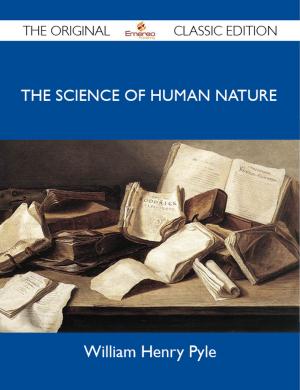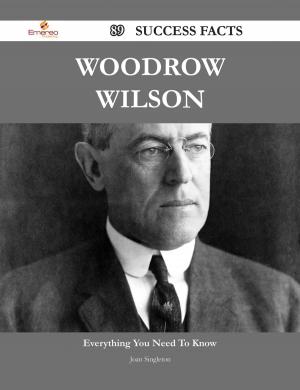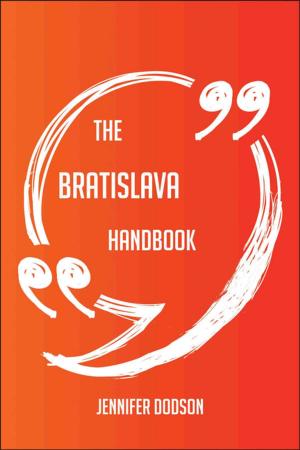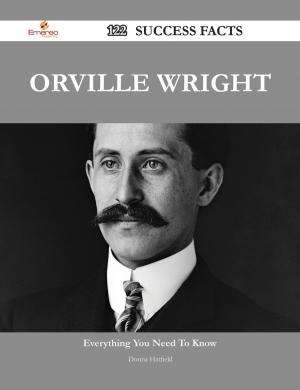Prince Henry the Navigator the Hero of Portugal and of Modern Discovery 1394-1460 A.D. - The Original Classic Edition
Nonfiction, Reference & Language, Reference, Social & Cultural Studies, Social Science, Fiction & Literature| Author: | Beazley C | ISBN: | 9781486420476 |
| Publisher: | Emereo Publishing | Publication: | October 24, 2012 |
| Imprint: | Emereo Publishing | Language: | English |
| Author: | Beazley C |
| ISBN: | 9781486420476 |
| Publisher: | Emereo Publishing |
| Publication: | October 24, 2012 |
| Imprint: | Emereo Publishing |
| Language: | English |
This is a new and freshly published edition of this culturally important work by C. Raymond Beazley, which is now, at last, again available to you.
Enjoy this classic work today. These selected paragraphs distill the contents and give you a quick look inside Prince Henry the Navigator the Hero of Portugal and of Modern Discovery 1394-1460 A.D.:
That is, as explained in Chapter I., it has been attempted to treat Exploration as one continuous thread in the story of Christian Europe from the time of the conversion of the Empire; and to treat the life of Prince Henry as the turning-point, the central epoch in a development of many centuries: this life, accordingly, has been linked as closely as possible with what went before and prepared for it; one third of the text, at least, has been occupied with the history of the preparation of the earlier time, and the difference between our account of the eleventh-and fifteenth-century Discovery, for instance, will be found to be chiefly one of less and greater detail.
...(Early Christian Pilgrims): (1) Itinera et Descriptiones Terræ Sanctæ, vols. i. and ii., published by the Société de lOrient, Latin, Geneva, 1877 and 1885, which give the original texts of nearly all the Palestine Pilgrims memoirs to the death of Bernard the Wise; (2) the Publications of the Palestine Pilgrims Text Society; (3) Thomas Wrights Early Travels in Palestine (Bohn); (4) Avezacs Recueil pour Servir à lhistoire de la géographie; (5) some recent German studies on the early pilgrim records, e.g., Gildemeister on Antoninus of Placentia.
...(Geographical Science): (1) Neckams De Naturis Rerum; (2) the seven chief Mappe-Mondes of the fourteenth and early fifteenth centuries; (3) the leading Portolani; (4) scattered notices, e.g., from Guyot de Provins Bible, Brunetto Latini, Beccadelli of Palermo, collected in early chapters of Majors Henry the Navigator; (5) Wauwermans Henri le Navigateur.
...Coimbra University, with which as rector or chancellor or patron Prince Henry was so closely connected, for which he once provided house room, and in which his benefactions earned him the title of Protector of the studies of Portugal is given to illustrate his life as a student and a man of science; the mother church of the order of Christ at Thomar may remind us of another side of his life-as a military monk, grand master of an order of religious chivalry which at least professed to bind its members to a single life, and which under his lead took an active part in the exploration and settlement of the African coasts and the Atlantic islands.
...The first of these, who owed to Portuguese advance towards the south the suggestion of corresponding success in the west, and who found America by the western route to India,-as Henry had planned nearly a century before to round Africa and reach Malabar by the eastern and southern way,-was the nearest of the Princes successful imitators in time, the greatest in achievement; he was not a mere follower of the Portuguese initiative, for he struck out a new line or at least a neglected one, made the greatest of all geographical additions to human knowledge, and took the most daring plunge into the unknown that[Pg xxvi] has ever been taken-but Columbus, beside his independent position and interest, was certainly on one side a disciple of Henry the Navigator, and drew much of his inspiration from the impulse that the Prince had started.
This is a new and freshly published edition of this culturally important work by C. Raymond Beazley, which is now, at last, again available to you.
Enjoy this classic work today. These selected paragraphs distill the contents and give you a quick look inside Prince Henry the Navigator the Hero of Portugal and of Modern Discovery 1394-1460 A.D.:
That is, as explained in Chapter I., it has been attempted to treat Exploration as one continuous thread in the story of Christian Europe from the time of the conversion of the Empire; and to treat the life of Prince Henry as the turning-point, the central epoch in a development of many centuries: this life, accordingly, has been linked as closely as possible with what went before and prepared for it; one third of the text, at least, has been occupied with the history of the preparation of the earlier time, and the difference between our account of the eleventh-and fifteenth-century Discovery, for instance, will be found to be chiefly one of less and greater detail.
...(Early Christian Pilgrims): (1) Itinera et Descriptiones Terræ Sanctæ, vols. i. and ii., published by the Société de lOrient, Latin, Geneva, 1877 and 1885, which give the original texts of nearly all the Palestine Pilgrims memoirs to the death of Bernard the Wise; (2) the Publications of the Palestine Pilgrims Text Society; (3) Thomas Wrights Early Travels in Palestine (Bohn); (4) Avezacs Recueil pour Servir à lhistoire de la géographie; (5) some recent German studies on the early pilgrim records, e.g., Gildemeister on Antoninus of Placentia.
...(Geographical Science): (1) Neckams De Naturis Rerum; (2) the seven chief Mappe-Mondes of the fourteenth and early fifteenth centuries; (3) the leading Portolani; (4) scattered notices, e.g., from Guyot de Provins Bible, Brunetto Latini, Beccadelli of Palermo, collected in early chapters of Majors Henry the Navigator; (5) Wauwermans Henri le Navigateur.
...Coimbra University, with which as rector or chancellor or patron Prince Henry was so closely connected, for which he once provided house room, and in which his benefactions earned him the title of Protector of the studies of Portugal is given to illustrate his life as a student and a man of science; the mother church of the order of Christ at Thomar may remind us of another side of his life-as a military monk, grand master of an order of religious chivalry which at least professed to bind its members to a single life, and which under his lead took an active part in the exploration and settlement of the African coasts and the Atlantic islands.
...The first of these, who owed to Portuguese advance towards the south the suggestion of corresponding success in the west, and who found America by the western route to India,-as Henry had planned nearly a century before to round Africa and reach Malabar by the eastern and southern way,-was the nearest of the Princes successful imitators in time, the greatest in achievement; he was not a mere follower of the Portuguese initiative, for he struck out a new line or at least a neglected one, made the greatest of all geographical additions to human knowledge, and took the most daring plunge into the unknown that[Pg xxvi] has ever been taken-but Columbus, beside his independent position and interest, was certainly on one side a disciple of Henry the Navigator, and drew much of his inspiration from the impulse that the Prince had started.
